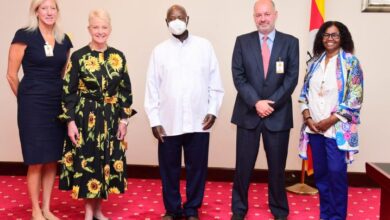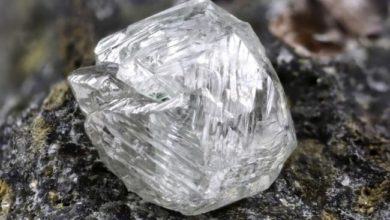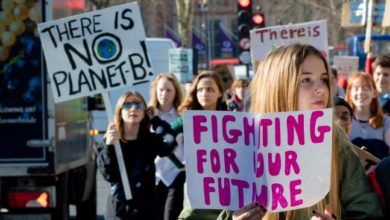BusinessInternational NewsScience
Jurors in Trump’s hush money trial zero in on testimony of key witnesses as deliberations resume
Former President Donald Trump told reporters after jurors began deliberating in his criminal hush money trial that the charges were rigged and again accused the judge of being conflicted. In his words: “Mother Teresa could not beat these charges.
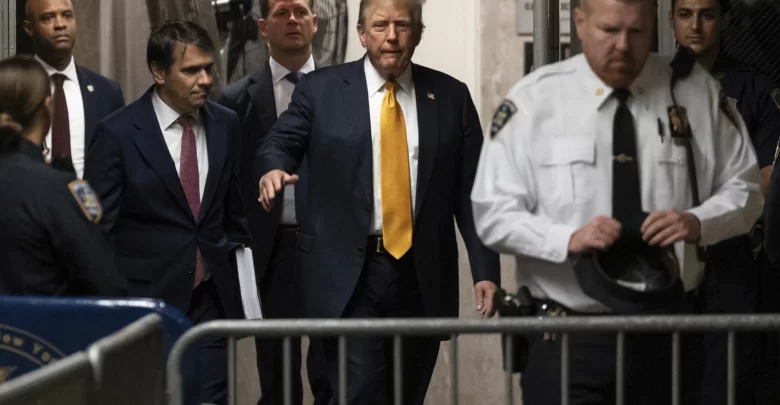
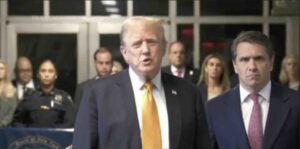
NEW YORK (AP) — The jury in former President Donald Trump’s hush money trial is to resume deliberations Thursday after asking to rehear potentially crucial testimony about the alleged scheme at the heart of the history-making case.
The 12-person jury deliberated for about 4 1/2 hours on Wednesday without reaching a verdict. Besides asking to rehear testimony from a tabloid publisher and Trump’s former lawyer and personal fixer, the jurors also requested to revisit at least part of the judge’s hourlong instructions that were meant to guide them on the law.
It’s unclear how long the deliberations will last. A guilty verdict would deliver a stunning legal reckoning for the presumptive Republican presidential nominee as he seeks to reclaim the White House while an acquittal would represent a major win for him and embolden him on the campaign trail. Since verdicts must be unanimous, it’s also possible the case ends in a mistrial if the jury can’t reach a consensus after days of deliberations.
Trump struck a pessimistic tone after leaving the courtroom following the reading of jury instructions, repeating his assertions of a “very unfair trial” and saying: “Mother Teresa could not beat those charges, but we’ll see. We’ll see how we do.”
During deliberations, he remained inside the courthouse, where he posted on his social media network complaints about the trial and quoted legal and political commentators who view the case in his favor. He did not testify in his own defense, a fact the judge told jurors they could not take into account.

Trump has pleaded not guilty and contends the Cohen payments were for legitimate legal services. He has also denied the alleged extramarital sexual encounter with Daniels.
To convict Trump, the jury would have to find unanimously that he created a fraudulent entry in his company’s records or caused someone else to do so and that he did so with the intent of committing or concealing another crime.
The crime prosecutors say Trump committed or hid is a violation of a New York election law making it illegal for two or more conspirators “to promote or prevent the election of any person to a public office by unlawful means.”
While the jurors must unanimously agree that something unlawful was done to promote Trump’s election campaign, they don’t have to be unanimous on what that unlawful thing was.
The jurors — a diverse cross-section of Manhattan residents and professional backgrounds — often appeared riveted by testimony in the trial, including from Cohen and Daniels. Many took notes and watched intently as witnesses answered questions from prosecutors and Trump’s lawyers.
Jurors started deliberating after a marathon day of closing arguments in which a prosecutor spoke for more than five hours, underscoring the burden the district attorney’s office faces in needing to establish Trump’s guilt beyond a reasonable doubt.
The Trump team need not establish his innocence to avoid a conviction but must instead bank on at least one juror finding that prosecutors have not sufficiently proved their case.
In their first burst of communication with the court, jurors asked to rehear testimony from Cohen and former National Enquirer publisher David Pecker about an August 2015 meeting with Trump at Trump Tower, where the tabloid boss agreed to be the “eyes and ears” of his fledgling presidential campaign.
SOURCE: apnews


